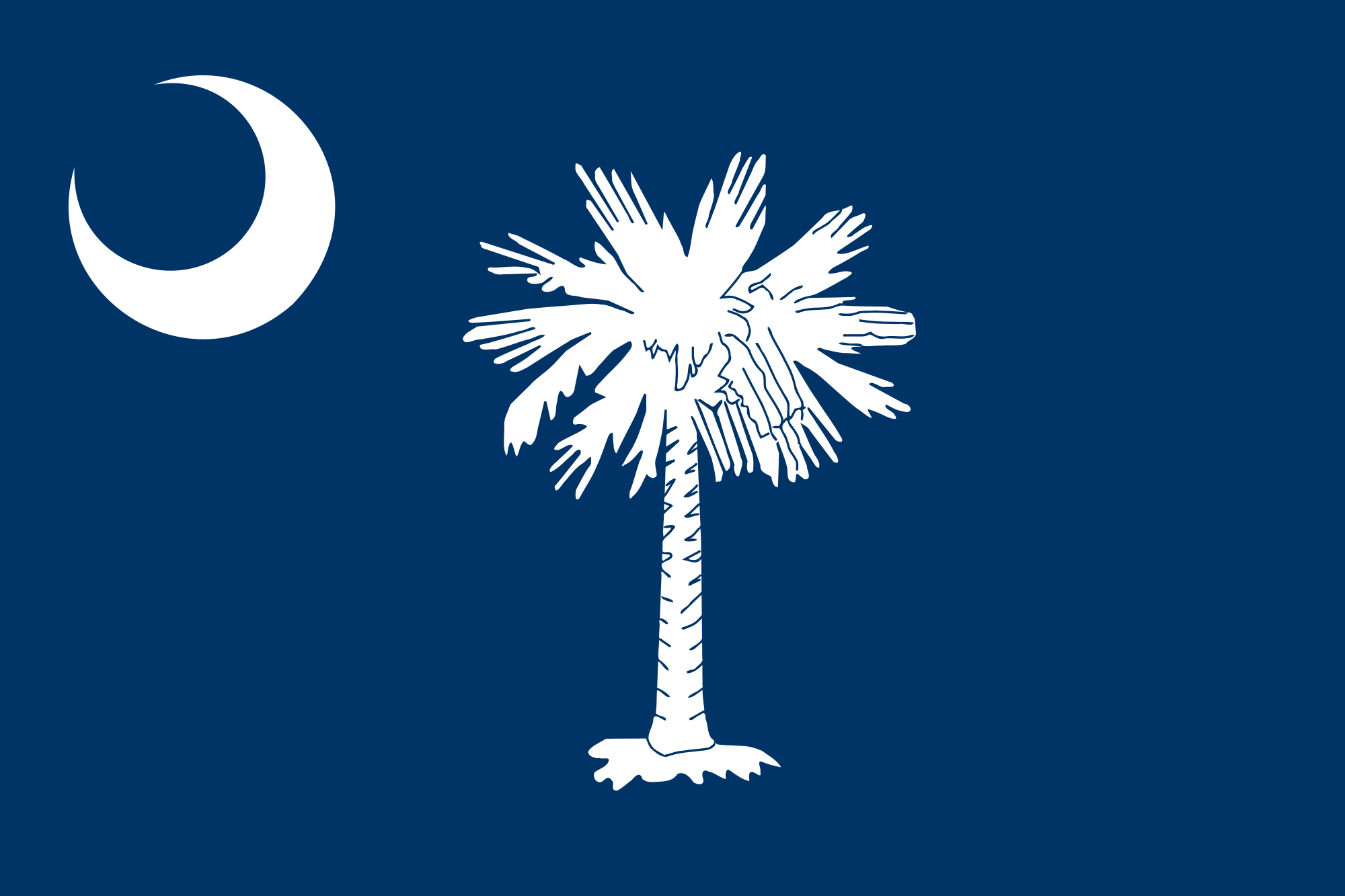At 4:00 p.m. on March 31, 2020, South Carolina Governor Henry McMaster announced Executive Order (EO) No. 2020-17, which, starting April 1, 2020, at 5:00 p.m., closes all “non-essential” businesses, venues, facilities, services, and activities for public use. The executive order will remain in effect for 15 days, but is likely to be renewed or expanded upon in the coming weeks.
Governor McMaster’s executive order did not list “essential” businesses, as has commonly been the case with orders issued in other states. Instead, it identified three categories of non-essential businesses subject to mandatory closure and specific businesses within those categories.
- Entertainment venues and facilities:
- Night clubs
- Bowling alleys
- Arcades
- Concert venues
- Theaters, auditoriums, and performing arts centers
- Tourist attractions (including museums, aquariums, planetariums, and Myrtle Beach Safari)
- Racetracks
- Indoor children’s play areas, with the exception of licensed childcare facilities
- Adult entertainment venues
- Bingo halls
- Venues operated by social clubs
- Recreational and athletic facilities and activities:
- Fitness and exercise centers and commercial gyms
- Spas and public or commercial swimming pools
- Group exercise facilities, to include yoga, barre, and spin studios or facilities
- Spectator sports
- Sports that involve interaction in close proximity to and within less than six feet of another person
- Activities that require the use of shared sporting apparatus and equipment
- Activities on commercial or public playground equipment
- Close-contact service providers as follows:
- Barber shops
- Hair salons
- Waxing salons
- Threading salons
- Nail salons and spas
- Body-art facilities and tattoo services
- Tanning salons
- Massage-therapy establishments and massage services
During an April 1, 2020, press conference in which he announced his executive order, Governor McMaster repeatedly emphasized that he attempted to limit his list of businesses to close to the “bare minimum,” focusing on those involving close human contact and heavy activity that would lead to significant further spreading of the virus.
Governor McMaster’s executive order also instructed businesses unsure about their essentiality to contact the South Carolina Department of Commerce, which will provide guidance. Requests for clarification may be submitted via the Department of Commerce’s website , the department’s taskforce email , or by telephone at (803)734-2873. The governor stated that the Department of Commerce will seek to have a 24-hour turnaround time, and businesses with questions should feel free to stay open while awaiting a response.
Across South Carolina, all 46 of the state’s counties have confirmed COVID-19 cases, and as of April 2, 2020, private and public laboratories have reported more than 1,500 cases of COVID-19, according to the state’s Department of Health and Environmental Control.
During the press conference, State Epidemiologist Dr. Linda Bell, , emphasized that numerous residents still do not understand the potential threat presented by COVID-19, and discussed growing evidence of possible transmission from persons before they have symptoms and longer transmission than previously thought. Dr. Bell stressed that from the perspective of public health, South Carolina is focused on reducing the transmission through social distancing to protect those most vulnerable (for example, the elderly and those who are immunocompromised) and to protect those at highest risk of extensive exposure (e.g., healthcare workers).
One reporter asked about the propriety of local rules, including the shelter-in-place ordinances issued by city councils in Columbia and Charleston, and a similar order under consideration by officials in Greenville. The governor stated that EO 2020-17 and state law prevent local governments from implementing these local ordinances, but that the state and the local governments’ message has been and will continue to be the same: stay at home, practice social distancing, and follow the U.S. Centers for Disease Control and Prevention’s guidelines.
Asked if there was a plan in place for closing more businesses, Governor McMaster responded that state officials would take the situations as they came, but that it was “likely we may have to do another one,” which will, once again, be based on the facts, science, and the data available in the future.
“We are calling on everyone across our state to do things that are not easy,” Governor McMaster pleaded. “It’s not over yet, and it’s going to get worse before it gets better,” he said.




